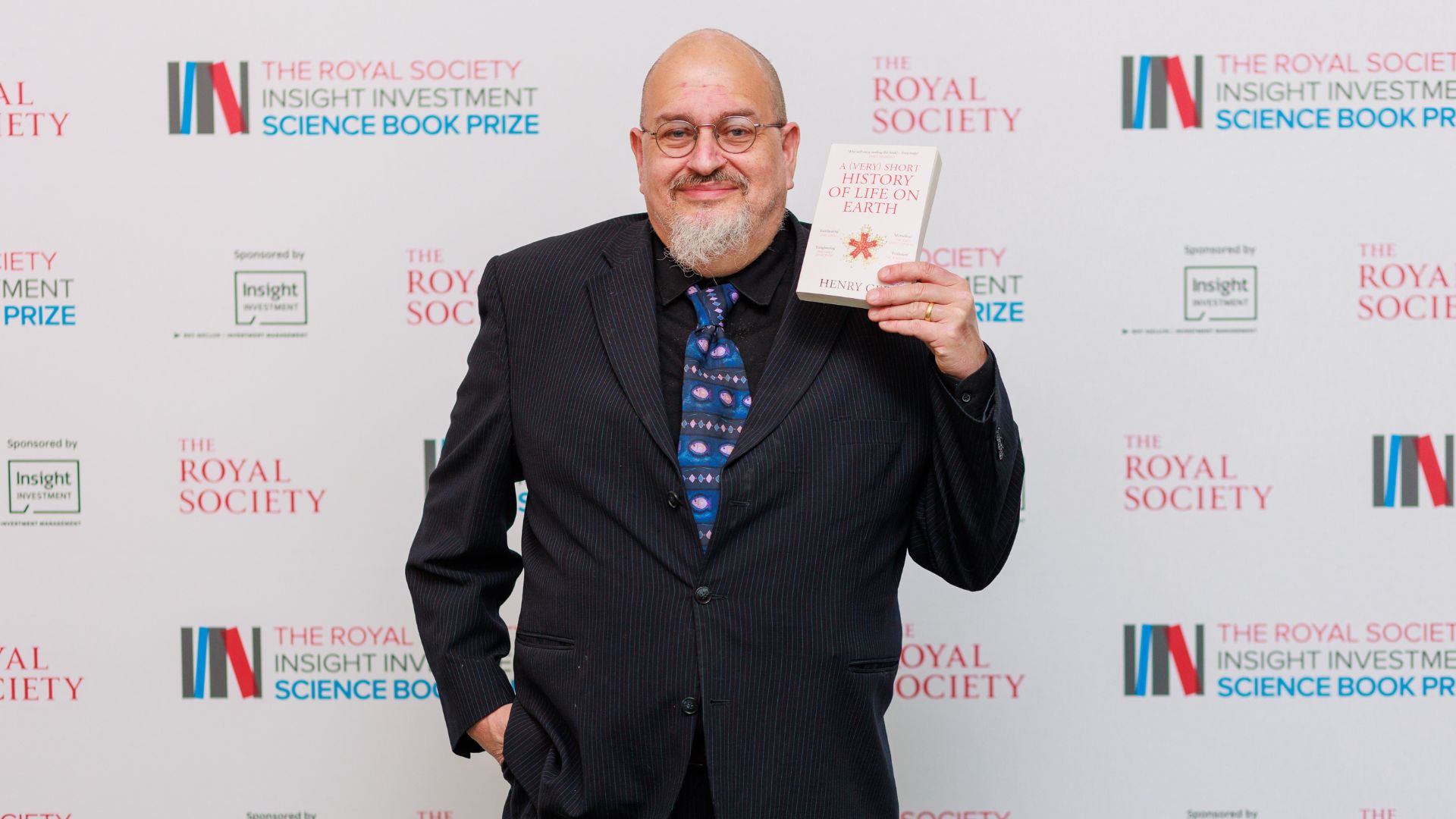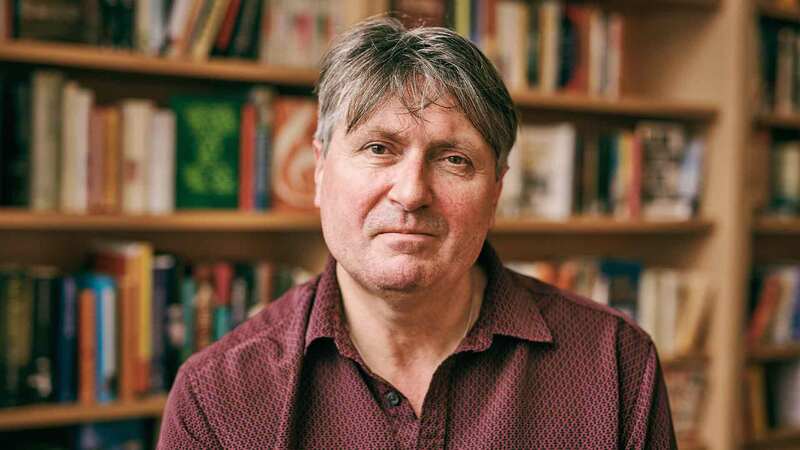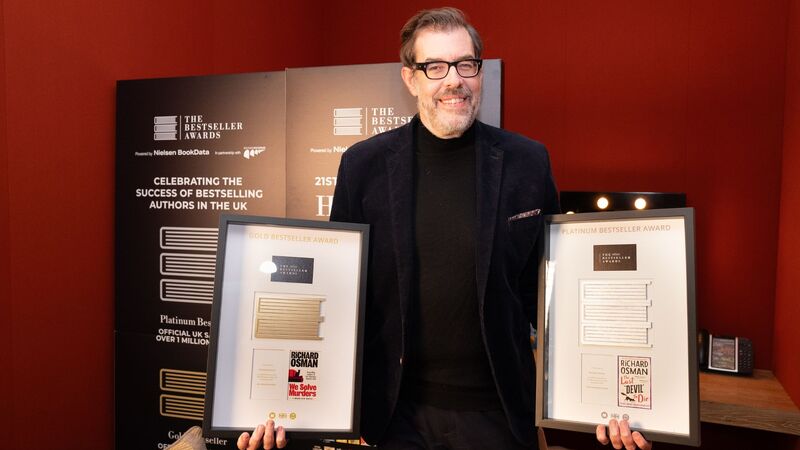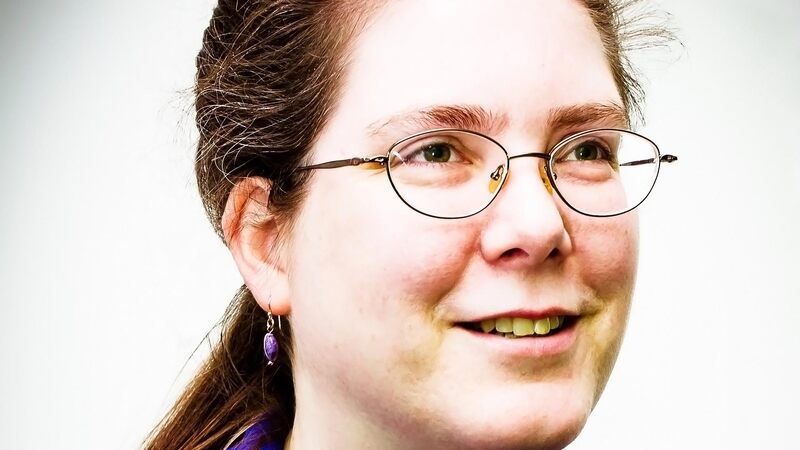You are viewing your 1 free article this month. Login to read more articles.
Gee wins £25,000 Royal Society Science Book Prize for ‘enlightening tale of survival’
A (Very) Short History of Life on Earth: 4.6 Billion Years in 12 Chapters (Pan Macmillan) by palaeontologist, evolutionary biologist and Nature editor Dr Henry Gee has won the 2022 Royal Society Science Book Prize.
Gee was presented with his trophy and cheque for £25,000 by Sir Adrian Smith, president of the Royal Society at a ceremony at the Royal Society in London tonight (29th November). Each of the shortlistees received £2,500.
They were: The Greywacke: How a Priest, a Soldier and a School Teacher Uncovered 300 Million Years of History by Nick Davidson (Profile Books); Different: What Apes Can Teach Us About Gender by Frans de Waal (Granta); Spike: The Virus vs The People — the Inside Story by Jeremy Farrar with Anjana Ahuja (Profile Books); Age Proof: The New Science of Living a Longer and Healthier Life by Professor Rose Anne Kenny (Bonnier Books); Hot Air: The Inside Story of the Battle Against Climate Change Denial by Professor Peter Stott (Atlantic Books); and Gee’s winning book.
Professor Maria Fitzgerald, a neuroscientist and chair of the 2022 judges, said of A (Very) Short History of Life on Earth: “This is history like you have never read before. Henry Gee takes us on a whirlwind journey through 4.6 billion years through the birth of the planet Earth, the emergence of life and the evolution of man, a species that is not only aware of itself but also of what will happen next. As Gee races through millennia, momentous physical and biological changes are described with immense skill and dynamism combined with almost poetic imagery.
“The last chapter, ‘The Past of the Future’, reminds us of our relative insignificance and that each species facing extinction does so in its own way. But ‘do not despair’, he urges us: ‘The Earth abides, and life is living yet.’”
Alongside Fitzgerald, the 2022 judging panel featured writer, broadcaster and technology consultant Rory Cellan-Jones; novelist Mike Gayle; TV presenter and author Kate Humble; and experimental physicist and Royal Society University Research Fellow Dr Josh McFayden.
Jim Al-Khalili, an author, broadcaster, Royal Society Fellow and host of the award ceremony, said: “With a unique and fresh approach that will appeal to a wide readership, Gee expertly demonstrates just how fascinating and timely a ‘history of life on Earth’ can be. From the big bang to the future demise of the planet, via numerous flukes of evolution and sudden mass extinctions along the way, this book does what all good science writing should do: it makes us see the world around us in a totally different way, and instils a renewed wonder for life itself.
“I am delighted that this year’s winner – and indeed the shortlist as a whole – show that popular science writing continues to excite, challenge and inform us in equal measure, while the standard of talent on display is as high as ever.”


















